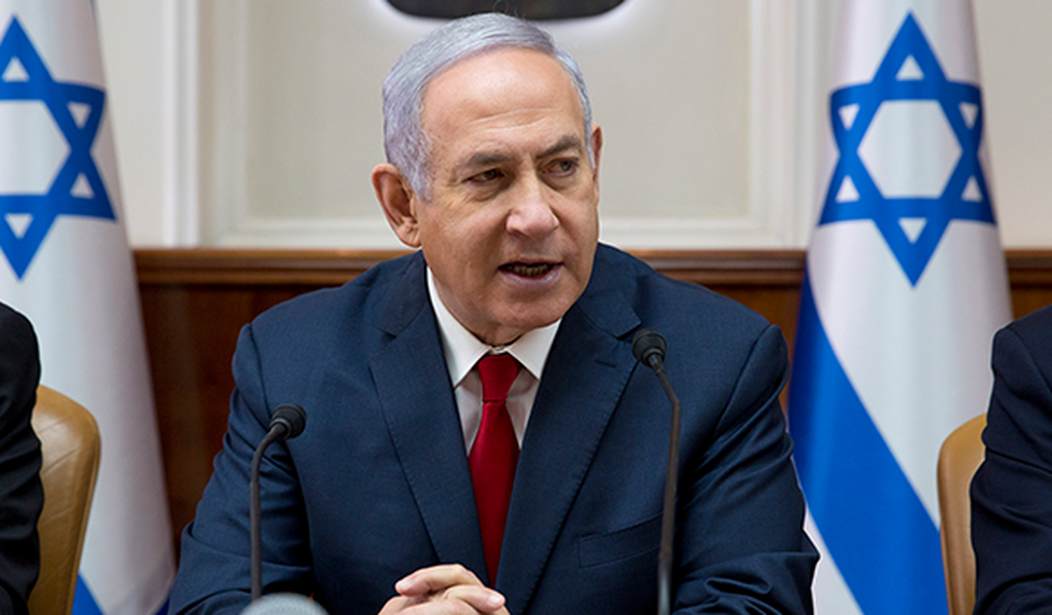Israel will be holding national elections on September 17 for the second time this year. This is the second part of a series that offers insight into perspectives beyond whether Bibi will be reelected.*
Unlike a two-party system, Israel has a parliamentary democracy which means that as many as 40 parties have competed to win votes to be represented in the Knesset. People vote for a party and its list of candidates rather than for a specific candidate. In order to be represented in Knesset, any party must receive at least 3.25% of the vote which means that there might be as many as 12-15 parties making up the 120-seat parliament.
In order to form a government, typically the head of the party with the most seats needs to have a majority, at least 61 members, as part of the government. Since no party has ever won 61 seats on its own, it has always been necessary to form a coalition of parties to support a common parliamentary and governmental agenda. The reason why Israel is having a second, unprecedented, election in the same year is because nobody was able to form a government as a result of the election this spring.
If the definition of insanity is doing the same thing and expecting different results, there are definitely elements of insanity in the fact that Israel is having new elections in less than two weeks.
According to most polls, the two main parties, Likud and Blue and White, are polling at between 29-32 seats which means even if they all played nice, get over the rhetoric, and behaved like grownups to form a national unity government for the best interest of the country, they could just barely, maybe, form a 61-member coalition with only these two. Unfortunately, mathematically, they missed the chance to do so following the April election when each party had 35 seats. Together that would have been a solid and reasonably stable majority without the need to bring other parties and political interests into the government.
Recommended
While people vote their political conscience and/or practically how they want to see the next government made up, there are many factors determining how the ultimate vote is split among the 120 seats. This means that rather than discussing ideas and swaying undecided voters (though there is an element of that), much of Israeli politics now is focused on influencing people on the left or the right to swing their vote to or from a big party to a small party or vice versa. The hope is that it influences the respective parties' strength by having a larger minority party or a larger majority party.
Creating an ideological left- or right-wing government is what the parties campaign on. Smaller parties have already cast their support behind the formation of a government with the heads of either Likud, (Netanyahu) or Blue and White (Benny Gantz). Ultimately, how post-election coalition negotiations fall out is anyone’s guess.
One thing that is for sure is that as much as parties want to govern and have influence according to ideologies, parties are made of people who each have aspirations for themselves, or the wellbeing of the country, and that means that even when the votes are counted, anything could happen.
While mathematically it might make the most sense for Likud and Blue and White to form a government together, there are many factors against that. Many in Blue and White will not sit in a government with Netanyahu as prime minister. This could mean people in Blue and White breaking away if Netanyahu becomes the prime minister elect, and necessitate bringing in other parties to support a 61 seat coalition. Or it could mean that there would be an insurrection in Likud to oust Netanyahu by members who are waiting to become the next prime minister and who don’t want to lose influence, but risk that with him at the number one spot.
One of the wildcards is the Yisrael Beiteinu (Israel Our Home) party headed by veteran politician Avigdor Lieberman. Lieberman is both loved and hated because he advocates for the rights of secular Israeli Jews over the influence of the ultra-Orthodox parties, and because he is credited/blamed for preventing the formation of a government in the spring, and therefore wasted time and significant expenses in holding new elections. Interestingly, his influence is being perceived as stronger now and where he only had five seats in the previous election, he’s revived his campaign and is polling in low double digits.
One of the factors that cannot be calculated numerically but is an overall trend, is that much of the polling is a referendum on Netanyahu. (This will be addressed in a forthcoming article.) The Attorney General has announced the intention to indict Netanyahu on a few potentially serious charges. Netanyahu is now Israel’s longest serving Prime Minister and above a potential indictment, some just feel he’s served long enough.
However, while the polling for the two main parties, and the general left and right wing camps are close to equal, and hard to see how it will be possible to make any left or right wing government, when asked who is more suited to serve as Prime Minister, polls show Netanyahu with a vast lead: Netanyahu - 43%, Gantz - 29% , Neither - 19%, Don’t know - 9%.
In the Israeli elections, sometimes 1+1 does not equal two. There are many variables and potential outcomes, and many factors that will influence the outcome of the election. The important thing is to pray that it is a good outcome for Israel and all its citizens, Arabs and Jews.
* For background about the electoral system from prior to the election in April, please feel free to contact me, firstpersonIsrael@gmail.com.

























Join the conversation as a VIP Member